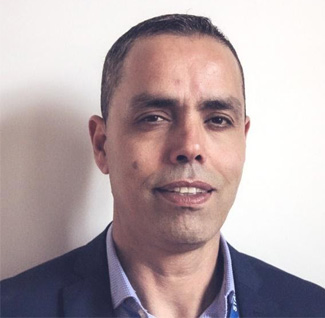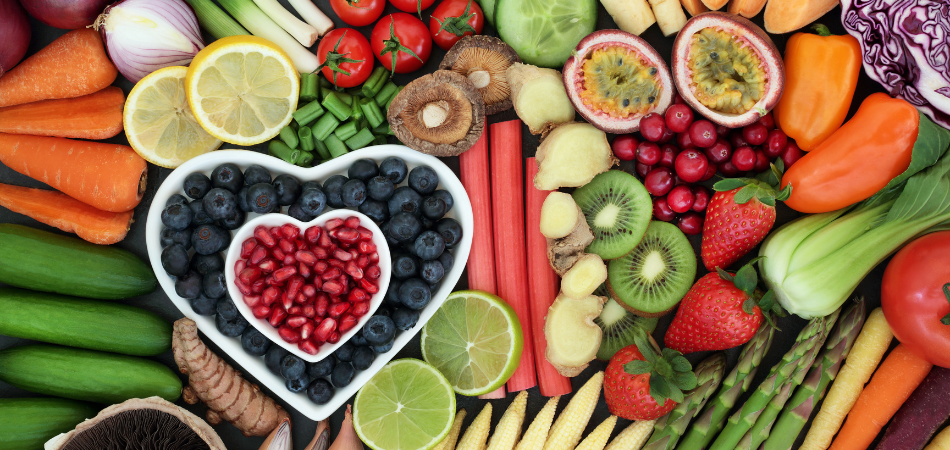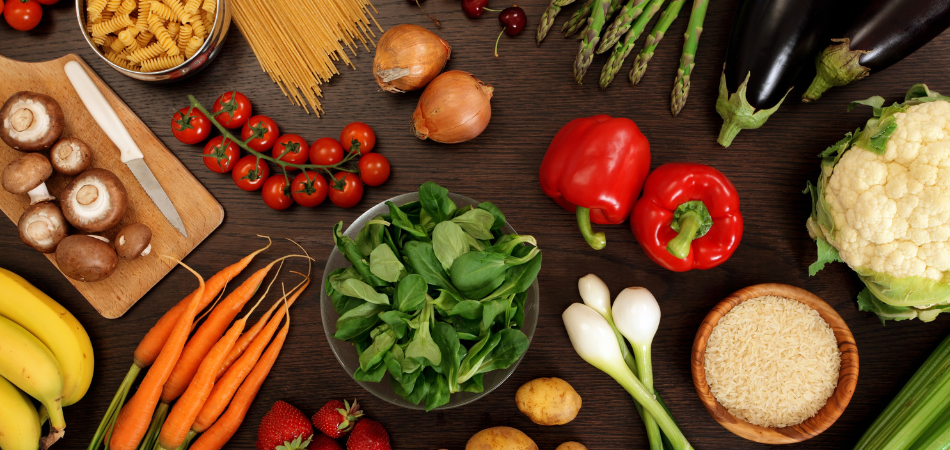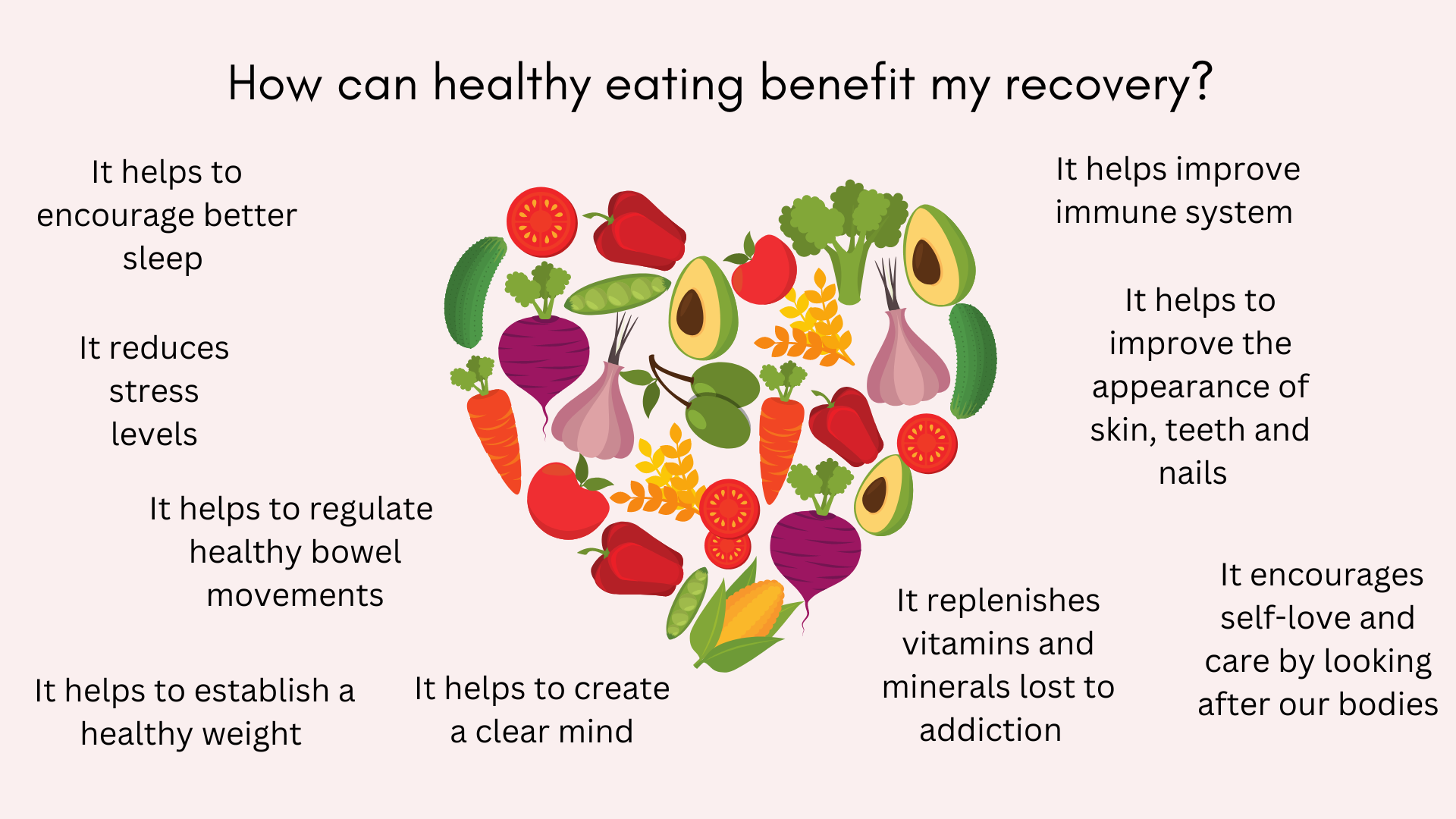
Written by:
Last Updated:
March 10th, 2025
Healthy Eating Programme | Benefits and How it is Implemented
Healthy eating and sufficient nourishment is a vital part of addiction recovery as it doesn’t just restore the body back to health but also helps heal the mind and soul.
If you are struggling with a mental illness like addiction, taking care of your fundamental needs has likely taken a backseat. Not only can addiction leave us feeling starved of emotional care and connection, but it can also quite literally leave our stomachs empty and deprived of vital nutrition. Here, we discuss how the right food can support a long-lasting recovery.
How addiction affects our diet
Most substance addictions greatly impact our diet. Take alcohol addiction, for example; many alcoholics are initially prone to gaining weight in the early stages of their addiction due to the fact that they obtain almost half (1000-1500) of their recommended calorie intake from alcohol and will then eat around 2000 calories (of food) on top of this. This causes them to have a surplus of calories and thus gain weight quickly. However, as alcoholism becomes more prominent, the effects are reversed; the alcoholic is likely to have a reduced appetite and will likely drop weight rapidly.
Unfortunately, many alcoholics get to the point where alcohol is the only substance consumed on a regular basis. Not only does that make it impossible to maintain a healthy body weight, but it also strips a person of the necessary vitamins and nutrients that the body needs to maintain good quality health.
Moreover, when mental illnesses, like addiction, interfere with our eating habits, we can sometimes:
- Forget to eat
- Have no cravings for food or interest in eating
- Eat at unhealthy times, such as in the middle of the night
- Show an disinterest in food shopping or cooking (due to depression or lethargy), so instead opt for quick and easy junk foods that lack essential nutrients
- Refuse to eat as some substance addictions can make eating uncomfortable. For example, opiates often cause gastrointestinal pain, making it difficult for a person to eat
- Feeling nauseous at the thought of food. For example, sedative addiction can suppress the appetite to the point where food becomes unappealing
- Unable to buy food. Some people with addiction go hungry because they have spent all their money on obtaining the source of their addiction and have no money left to eat
- Can make us binge eat (causing us to feel lethargy and deflated)
At Primrose Lodge, you’ll get quality nourishment.
We provide our clients with three delicious and highly nutritious meals every day during rehab treatment, cooked and prepared for them by a professional in-house chef. Such meals offer the perfect balance of protein, carbohydrates, and vegetables. Not only will this build your strength and assist your body in physical healing, but it will also provide you with a daily structure.
Addiction can be so consuming that it can throw your life off balance. Having set meal times helps to integrate routine back into your life, which you can apply to your life once you leave rehab. You can re-programme your body to adjust to healthy patterns of behaviour for breakfast, lunch, and dinner, eventually forming a new habit.
You’ll have a healthy eating routine
We encourage everyone to eat together simultaneously each day. This takes your mind off your emotions and, instead of focusing on everyday stress and worries, allows you to chat with other residents undergoing a similar experience. We take individual dietary requirements seriously – for your comfort and safety, we cater to allergies, religious requirements, vegan, pescatarian and vegetarian diets.
Upon admission, you may require a supplement of vitamins and minerals that you may be potentially lacking in your body. This short-term remedy focuses on restoring proper nutritional harmony in the initial stages of recovery.
You’ll help flush out toxins
Alcohol consumption greatly hinders nutrient breakdown in the body. If you want to heal from alcohol addiction, you will most likely undergo an alcohol detox. During the detox, any harmful alcohol chemicals will be flushed out of your system, and you will receive sufficient vitamin and mineral supplementation to immediately begin replenishing what the alcohol has robbed. This allows your body to start physically healing and it makes the detox more tolerable.
A person with an eating disorder will have their needs tended to in a slightly different way: A nutritionist will be able to help you get the best vitamin and mineral supplementation for your recovery, and highly skilled therapists (who specialise in eating disorders) can help you to mend your psychological relationship with food in the process.
Healthy eating will fuel your recovery.
The diet and nutrition team we have are dedicated to providing good long-term nutrition to our clients – not just in the rehab setting but also after they leave to return home. We accomplish this by feeding our clients well, on top of teaching them how to efficiently feed themselves once they leave our care. This is so important for preventing relapse and maintaining a healthy lifestyle.
By teaching clients about the necessity of good nutrition in rehab, we also teach them how to live a healthier life afterwards. This pays greatly benefits them long after they complete residential treatment.
Healthy eating will help;
- to encourage better sleep
- to reduce stress levels
- to regulate healthy bowel movements
- to establish a healthy weight
- to create a clear mind
- to replenish vitamins and minerals lost to addiction
- to encourage self-love and care
- to improve the appearance of skin, teeth and nails
- to improve your immune system
Some final food for thought
We believe proper nutrition is an integral part of long-term recovery that wouldn’t be possible without it. Our goal is to help you heal from the inside out. Just like when we water plants, we must address the roots and the soil in order to watch them bloom.
Our healthy eating programme is embedded into a comprehensive rehab programme that aims to provide you with physical, mental and emotional nourishment, so you can go on to flourish in a life that’s free from addiction. Our team is always on hand to answer any questions you have about nutrition in rehab and the great food we dish out at our clinics. If you want to know more about our healthy eating programme or any others, get in touch today.
Frequently asked questions
Disclaimer:
The availability of specific treatment programmes may vary across UKAT centres. The specific programmes provided will be determined based on your treatment plan at your chosen facility. All treatments are subject to clinical assessment and programme availability at the time of admission. For further details on the programmes available your treatment plan, please contact our admissions team.





